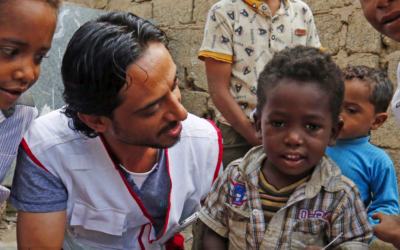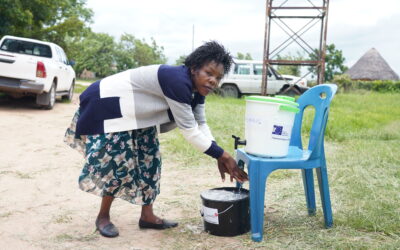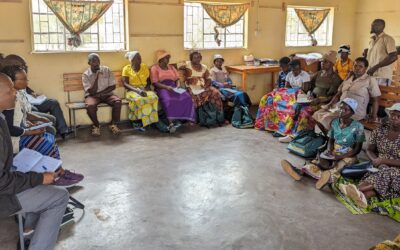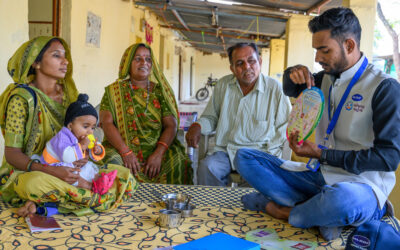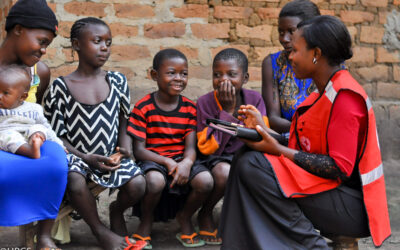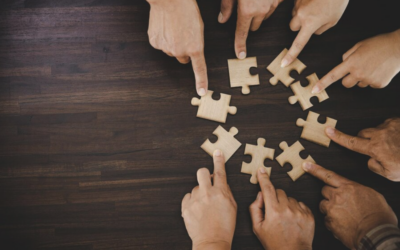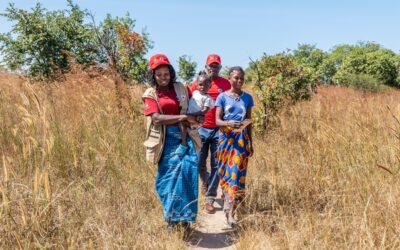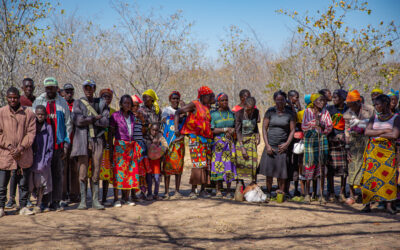News
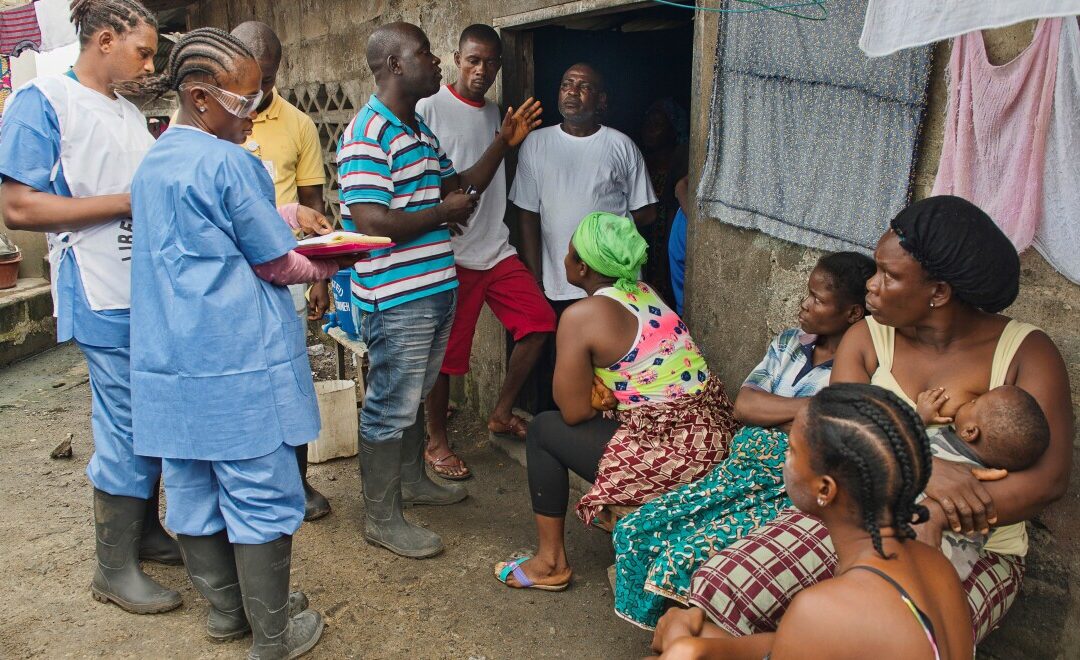
Building Trust and Resilience for Better Outbreak Response in East and Southern Africa
Trust in health authorities and health services before, during and after public health emergencies is critical. Where higher level of trust in health authorities exists, communities are more likely to follow public health recommendations and seek health care, resulting in more rapid and effective outbreak response.
An erosion of trust in health services and the health system more broadly can result in families being less likely to seek health care when needed, including critical preventative care such as immunisation services, undermining the public health system.
GUIDANCE FOR INTEGRATING COMMUNITY ENGAGEMENT INTO NATIONAL CHOLERA PLANS
This guide was developed to contribute to the Global Task Force on Cholera Control Interim Guiding Document to Support Countries for the Development of their National Cholera Plans. It focuses on the integration of community engagement approaches.
This guidance has been developed for use by those involved in designing, developing and implementing a National Cholera Plan for Control or Elimination (NCPs) at country level.
UK-Med survey on integrating health humanitarian projects in academia
UK-MED is conducting a survey to assess the needs of universities regarding integrating health humanitarian topics into health-related curricula and implementing health-related humanitarian research projects. The insights from academic professionals are crucial in fostering collaboration between humanitarian organisations and academic institutions.
The survey is designed to be completed under 10 minutes.
Promoting community-centred preparedness and response to cholera’s global surge
In the context of the global cholera upsurge and in particular the most recent outbreak in Zambia, Eva Niederberger (Anthrologica), Santiago Ripoll (IDS) and Tom Barker (IDS) blog about the importance of centring cholera outbreak preparedness and response strategies on the circumstances and needs of communities and the experiences and insights of local responders.
Zimbabwe: CHOLERA Situation Overview and Collective Service Operations Brief
Per the request of the Ministry of Health (MoH), Collective Service (CS) partners conducted focus group discussions in communities and rapid qualitative assessments (RQAs) to gather and share insights from Kuwadzana, Glenview, Mutare Rural, and Gutu districts. The UK Public Health Rapid Support Team (UK-PHRST), an innovative partnership between the UK Health Security Agency and the London School of Hygiene & Tropical Medicine, provided critical staff support in RCCE coordination with an RCCE Specialist seconded to UNICEF, to undertake this work.
Joint Evaluation of the RCCE Collective Service
An independent evaluation of the Collective Service was carried out between January and November 2023 and was jointly managed by the evaluation offices of IFRC, UNICEF and WHO. The purpose of the evaluation was to assess the Collective Service’s contribution to strengthening RCCE systems in the public health and humanitarian response to the COVID-19 pandemic, and to make suggestions and recommendations to the Service partners’ decision-makers on the future strategy, vision and coordination model.
HARMONISING COMMUNITY FEEDBACK TO HELP END THE EBOLA OUTBREAK IN UGANDA
Interagency Community Feedback influenced the delivery of Risk Communication and Community Engagement (RCCE) in Uganda, ultimately saving lives.
In 2022, across the globe, a steep decline in COVID-19 cases meant a time to celebrate. For public health professionals in Uganda, the drop in transmissions signaled something else, too: opportunity. The country’s Ministry of Health recognized that it could harness community feedback tools developed during the pandemic to curb future public health emergencies.
Call for applications for the first Arabic SSHAP Fellowship
The Social Science in Humanitarian Action Platform (SSHAP) is launching the next phase of its Fellowship Programme to begin in February 2024. Funded by the UK Foreign, Commonwealth and Development Office and the Wellcome Trust, SSHAP is looking for future leaders in social science to be able apply their knowledge to humanitarian emergencies in a locally relevant way.
LISTENING TO COMMUNITIES IS KEY TO PREPARING FOR THE PUBLIC HEALTH IMPLICATIONS OF EL NIÑO IN ZAMBIA
Extreme weather deepens public health emergencies, but interagency community listening tools can help officials and responders prepare for impending crises.
In Zambia—where drought threatens to intensify the existing anthrax and cholera outbreaks—the Collective Service is collaborating with the Ministry of Health to harness the power of community feedback.
COMMUNITY ENGAGEMENT AND ACCOUNTABILITY IN EMERGENCIES: RESEARCH AND TOOLS
This document outlines the key findings of a research project in Africa and across regions to better understand community engagement in emergency response operations. The research conducted, provides guidance on how to prioritize the needed actions to engage communities and ensure accountability towards them, as well as the responsibilities of everyone involved in emergency operations.

